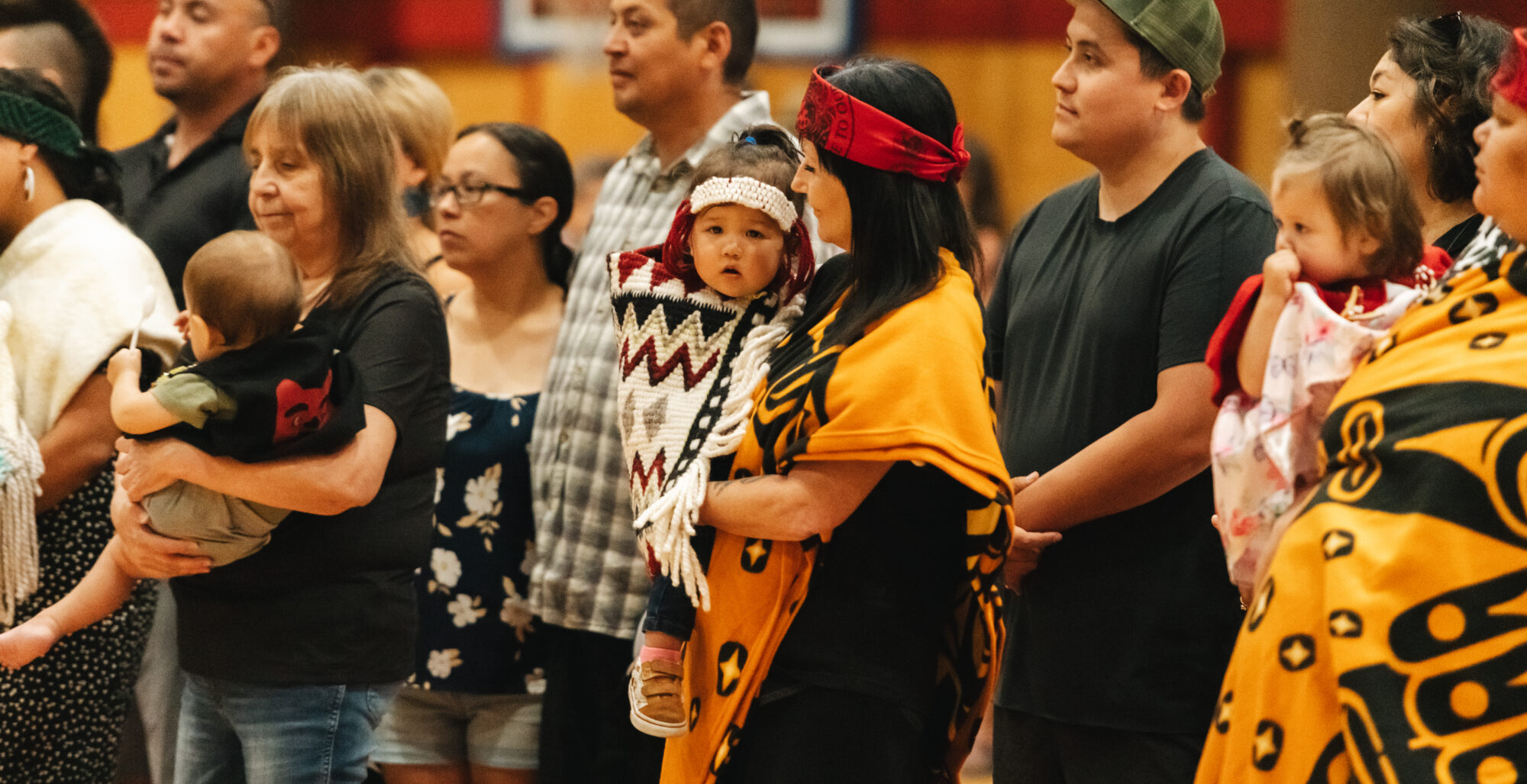
Yúustway
Health & Wellness
Toxic Drug Crisis
Contact Details
Office hours: Monday-Friday, 8:30 am to 4:30 pm
Mackenzie Gomez, Manager, Community Health & Wellness
Phone: 604-982-7812 or 604-360-3911
Email: Mackenzie_Gomez@squamish.net
After hours support:
Danielle Hearns, Mental Health & Substance Use Clinician
Phone: 604-351-5776
Email: Danielle_Hearns@squamish.net
Harm Reduction support:
Betty Ferguson, Harm Reduction Program Lead / Wellness Coordinator
Phone: 236-788-1977
Email: Betty_Ferguson@squamish.net
Our Approach to the Toxic Drug Crisis
The Nation views the toxic drug crisis as a complex community health issue with significant impacts on community safety. This has resulted in Nexwsxwníw̓ntm ta Úxwumixw (Council) declaring a community-wide health state of emergency, which will support immediate and long-term actions to address the crisis in a comprehensive and culturally appropriate way.
To learn about resources and next steps click on the titles below to expand:
Harm reduction and safe use supplies are available in two locations:
- Yúustway Health & Wellness Office (Unit 9A, 380 Welch Street, West Vancouver, BC, V7P 0A7)
- S7ilhen Food Pantry (100 B Capilano Road, West Vancouver, BC V7P 3PG)
Weekly Warriors Circle Men’s Group
Call group facilitator at 236-558-8012.
Weekly Women’s Circle Group
Call 604-982-7806 or email wellness@squamish.net
Get Your Drugs Tested
Call 778-819-0922 or visit getyourdrugstested.com
Weekly Drug Checking Services (every Friday)
Call Betty at 236-788-1977 or email Betty_Ferguson@squamish.net
Weekly AA (Alcoholics Anonymous) Meetings (every Thursday)
Call 604-982-7610 or email Nicasio_Campos@squamish.net
Monthly Naloxone training (first Wednesday every month)
Call 236-788-1977 or email wellness@squamish.net
Support with getting into treated and detox facilities
- Via Squamish Nation: Call 604-982-7806 or email wellness@squamish.net
- Via FNHA: Contact Virtual Substance Use and Psychiatry Services, call 1-833-456-7655 or email fnvsups@fnha.ca
Find details about these and other harm reduction education events in community on our Workshops and Recurring Programs page.
Our plan is to increase community access (both on- and off-reserve) to:
- Safe consumption (harm reduction) strategies, including a new harm reduction vending machine and community cupboard
- Drug checking sites & community education
- Distributing safe use supplies & naloxone training
- Supervised drug consumption site(s)
- Primary care providers (family physicians and nurse practitioners)
- Mobile outreach & overdose prevention unit
- Detox and addictions treatment (counselling, medication (e.g., OAT)
- Mental health and substance use disorder supports (sobriety and relapse prevention)
- Culturally appropriate temporary emergency housing options
- Further training for the Community Safety Team
- Additional social programs as required
Nation Updates
Squamish Nation Establishes Historic Partnership with Lime, Pioneering Indigenous Mobility Solutions Globally
Sḵwx̱wú7mesh Úxwumixw is proud to announce a groundbreaking partnership with Lime, marking the first agreement between a shared micromobility operator and First Nation in Canada. Lime will deploy its fleet of electric bikes and providing dedicated parking locations in community and nearby areas, offering convenient and eco-friendly mobility options within the community and surrounding areas.
Sḵwx̱wú7mesh Úxwumixw History Book For Sale
We are excited to announce that tiná7 cht ti temíxw (We Come From This Land) will be published in early January 2024! The book is intended to be a snapshot – a collection of some of the multi-faceted stories and histories that are held by the Sḵwx̱wú7mesh People and a starting point for future conversations.
etsím lam̓ tl’a i7x̱w swat (washroom for everyone)
We’re excited to announce that starting next week, new All Gender Washroom signage will be in place across Squamish Nation buildings to support a safe and private experience for all who need to use the washroom!